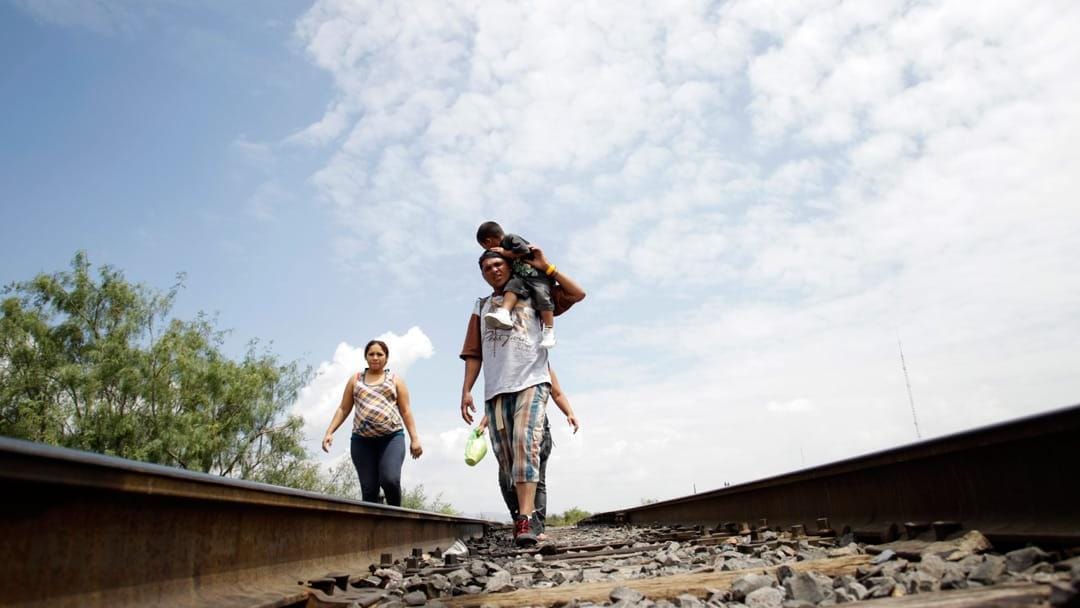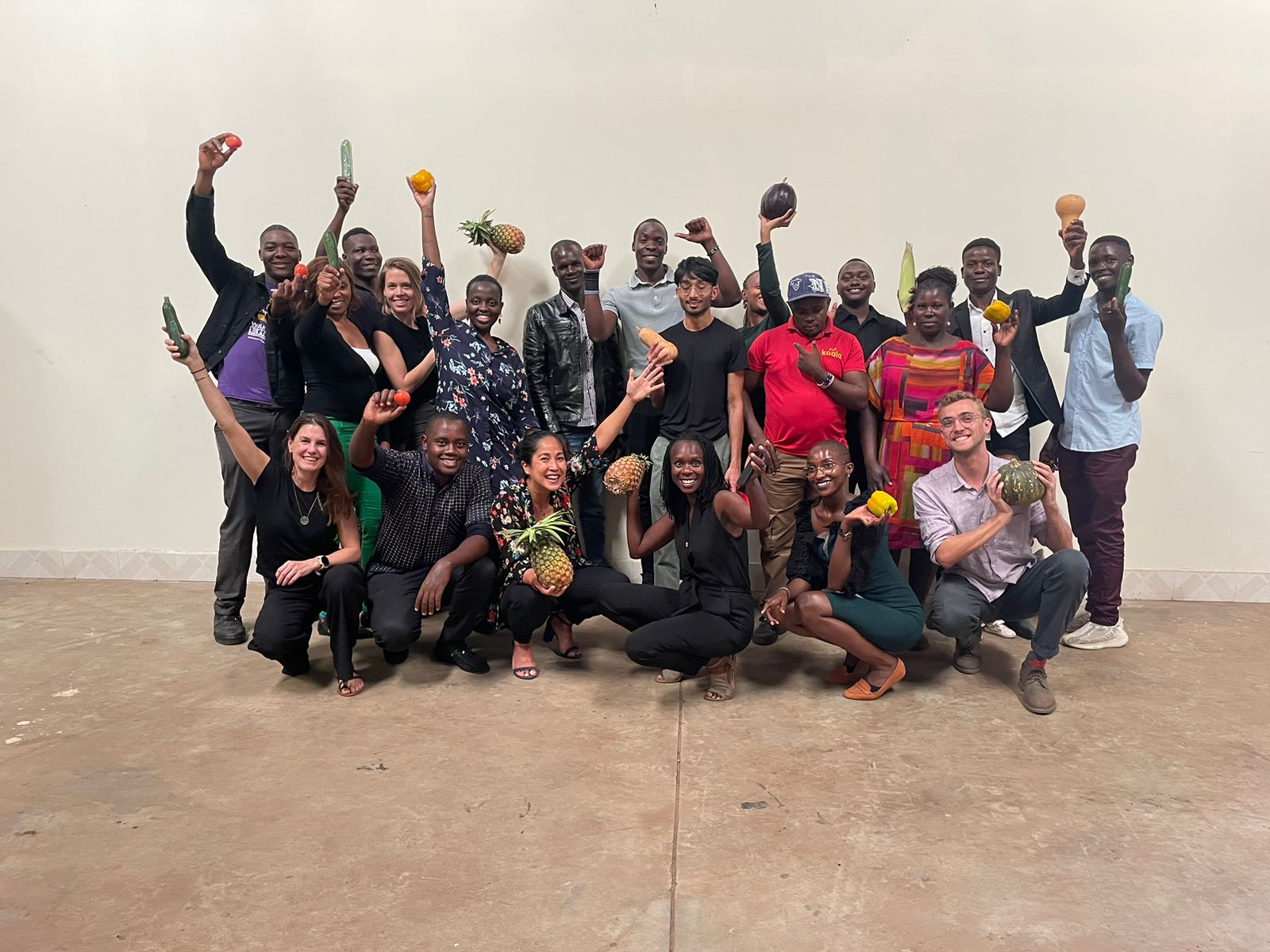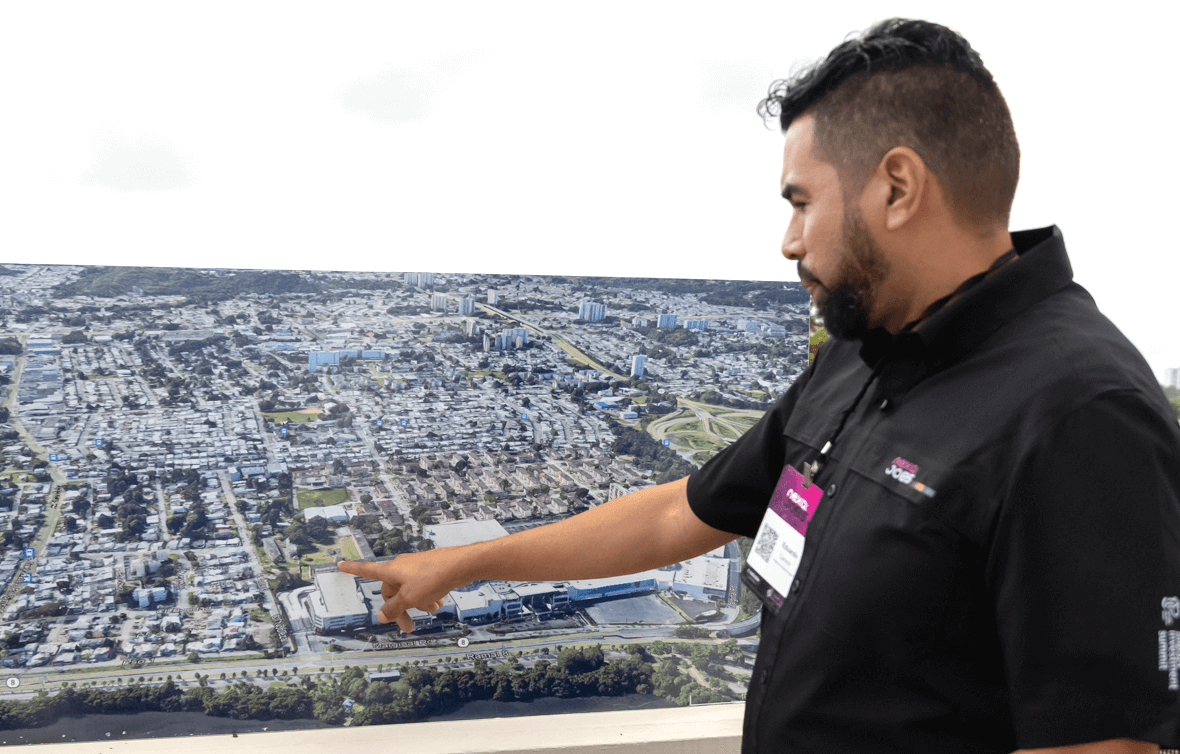ImpactAlpha, July 1 – The urgency of the forced migration crises in the Northern Triangle, Mexico, Colombia and Venezuela is growing: nine countries across the Latin American continent – from Chile to the United States – now hold more than 100,000 displaced people. Given the scale of the challenge, more resources are needed to stabilize outbound flows, improve the lives of millions who are already displaced, and help host communities adapt to their new realities.
Many actors—including development finance institutions like the Inter-American Development Bank and nongovernmental organizations like the Tent Partnership for Refugees, among others – are recognizing the key role that market-based actors can play in these evolving migratory contexts. While the private sector alone cannot resolve this crisis, companies and investors can help alleviate pressure from cash-strapped governments and complement humanitarian actors focused on near-term relief.
Growing investor interest in solutions for, and by, refugees
Encouraging corporations to employ refugees, integrate refugee-produced products or services into their purchasing decisions, and develop tailored services, have all gained momentum. Convincing private consumers to support and buy into these endeavors remains critical for value chains to emerge at scale.
Yet market-minded aspirations depend on the influx of new capital, much of which is either absent or stalled on the sidelines, especially in Latin America’s fast-moving migration environment.
Refugee alpha
Catalyzing “refugee-lens investing” stands out as a way to drive more durable solutions to these crises.
As we have seen in other sectors, the intentional placement of capital can generate considerable social impact. ‘Gender-lens investing’ and ‘climate-smart investing,’ for example, have gained considerable momentum in recent years. Capital moving into gender-lens funds more than doubled from 2017 to 2018, and leading investors have made bold commitments to increase this further.
By women, for women: The new economics of menstrual pads in Africa
Data show that migrants are not only highly employable, but entrepreneurial and creditworthy. Investing in refugees has shown to generate returns that extend far beyond social and economic benefits for refugees themselves. As a result, driving new, innovative financing towards refugee-owned businesses, migrant training and employability, and technology to secure identity and credentials could introduce marketable solutions focused on tackling systemic, structural ills.
A small set of investors have seen this potential and are starting to shape investment theses with refugees in mind. Groups like the Refugee Investing Network have started to build the foundation of refugee-lens investing through efforts to increase awareness and knowledge, align on shared language and frameworks, and facilitate specific partnerships and deals. In particular, Refugee Investing Network has developed a ‘Refugee Lens’ (Figure 1) that builds on the Dalberg-advised 2x initiative and classifies six types of marketable investments that benefit refugees—including refugee-owned businesses, refugee-led businesses, and refugee-supporting projects (e.g., providing a good or service that supports humanitarian efforts, or supporting infrastructure in host communities).

Figure 1: Refugee Investment Network refugee investment taxonomy
Opportunities in the Americas
While “refugee-lens” investors are mobilizing for the task, more work is needed to explore and develop market-based solutions in the Americas. Examples of potential opportunities include:
Host countries. In Mexico, the recent launch of the Initiative for Inclusive Investment in Mexico, driven by the Refugee Investment Network, 17 Asset Management, and the Mexican foreign office, should open the doors for greater flows of investment focused on migrant populations, particularly in vulnerable communities in the South of the country, and in Northern border states. In the Mexican state of Michoacán, Ejido Verde – part pine-resin supplier, part mass-reforestation project and part community lender – is financing indigenous Mexicans to plant trees and generate middle-class incomes. In Mexico City, coding bootcamp Holacode is upskilling young Mexicans who have been deported from the United States, as well as refugees. In Colombia, the scaling up of results-based financing models fostering the employability of internally displaced persons warrants consideration for its replicability elsewhere, and with new beneficiary audiences like incoming refugees.
Ejido Verde is financing indigenous Mexicans to plant trees – and plant a stake in the middle class
Northern Triangle. In El Salvador, Honduras and Guatemala the introduction of innovative financing focused on preventive measures dealing with education, employment, and the reduction of recidivism could be worth assessing. Driving investment into service sectors like tourism, for example, could, in combination with improvements to domestic security, create an improved context for employment and stem outflows of at-risk economic migrants seeking improved livelihood opportunities.
Venezuela. In Venezuela, investing in products or services that meet the needs of migrant communities may complement near-term humanitarian responses focusing on overcoming huge gaps in basic nutrition, health and shelter. Driving investment towards technologies that allow migrants to track and certify their past educational accomplishments, for example can make them more immediately employable after they’ve crossed the border, like in Colombia, where the majority of incoming Venezuelan migrants are younger and more educated than host country locals. Similar concepts exist for health, logistics and security technologies, where app- or SMS-based models relying on limited data usage have been tested, applied and scaled in high-flux migrant contexts in Europe and the Middle East.
Across these contexts, blending private capital with development resources, like those provided by the Inter-American Development Bank through its recently established non-reimbursable financing facility focused on inclusive intervention for migration, could help pool risk and enable investors in navigating local investment climates.
Path forward
Refugee lens investing has great potential to supplement traditional humanitarian aid in Latin America, anchored in a robust case for business opportunity and economic growth. But achieving that aspiration will require a deeper understanding of priority markets to identify concrete opportunities. It will require demonstrated proof of concept through executed transactions and additional research that shows the link between investment, financial returns and reduced migration. And it requires more productive discourse on the root causes of these crises from an increasingly engaged investment community.
Together, these efforts could help create the more durable solutions that these challenging environments demand.
Fabiola Salman is an Associate Partner at Dalberg Advisors and leader of Dalberg’s Latin America practice, based in Mexico City. Marcos Paya is a Project Manager at Dalberg Advisors, based in New York. Sylvia Warren is a Project Manager at Dalberg Advisors, based in Mexico City.











